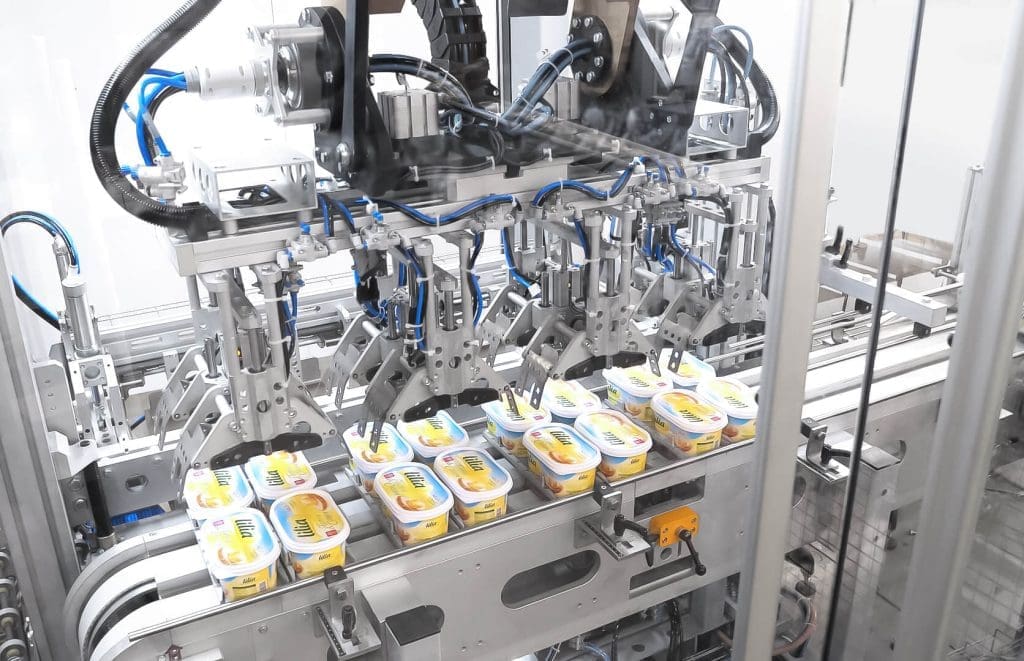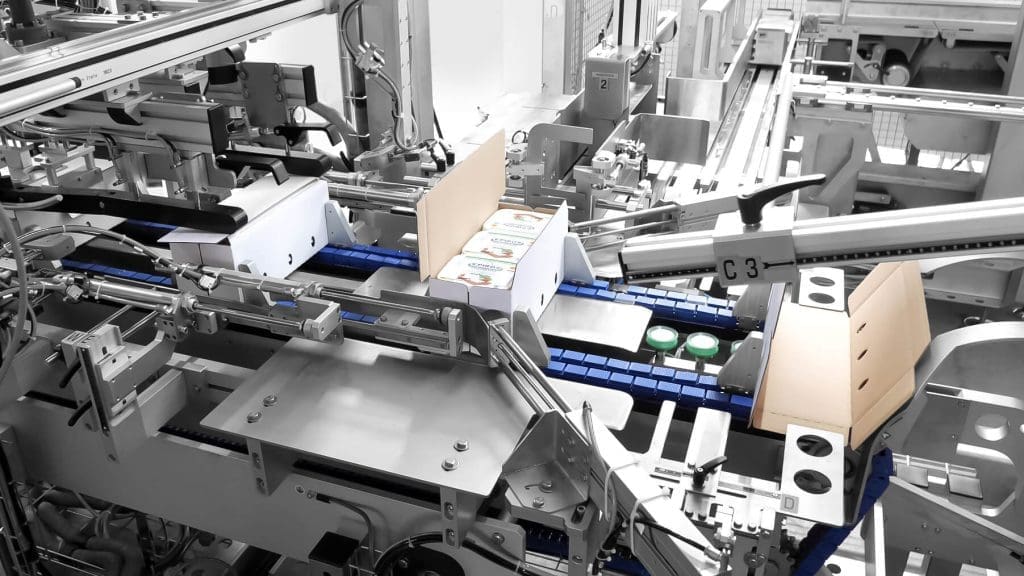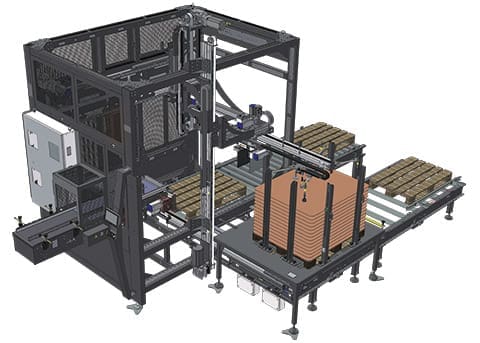The world of food packaging is always looking for new solutions that can provide customers with safe and convenient products to use, that can guarantee the preservation of their consistency and flavor characteristics over time, made with sustainable materials and capable of responding to the needs of an extremely multifaceted and competitive market.
Today, countless types of food packaging are available that can guarantee excellent performance in terms of safety, ease of transport, storage and use, highly appreciated especially for single-dose packaging of products that are offered to the public loose or in multipacks.


Among these types of food packaging, we can mention:
– Flow pack: flexible and resistant, it is made from plastic films, sometimes laminated with aluminium, which are wrapped around the product and then heatsealed. Ideal for packaging a wide range of products, such as dried fruit, snacks, chocolate bars, biscuits, crackers and so on.
– Pouches: flexible and practical, pouches are made from heat-sealed plastic films and are particularly suitable for liquids and semi-liquids like fruit juices, yogurt, and baby food. The option to integrate a plastic cap makes them easy to consume and reseal, making them ideal for on-the-go consumption.
– Doypack: a variant of pouches, the doypack stands out due to its flat base, which allows for vertical product display. This feature, combined with the packaging’s lightness and compactness, makes it ideal for products like cereals, legumes, and snacks.

– Capsules: designed to protect sensitive products like coffee and other soluble items from moisture and oxygen, capsules are made from rigid materials such as plastic, aluminium, or biodegradable substances. Their airtight seal ensures the freshness and aroma of the products.
– Cups: are rigid containers ideal for liquid or ready-to-eat products like yogurt, soups, and desserts. Made from materials such as plastic, cardboard, or compostable substances, cups can be sealed with films or lids, offering both practicality and security.
All these types of primary packaging guarantee wide possibilities for customization and can be made in a wide variety of formats and sizes, depending on the needs of the manufacturing company.
However, it is essential that their design is carried out in an accurate and customized way, identifying solutions capable of combining safety and efficiency of the packaging systems. GPI GROUP, thanks to its long experience in the field of food packaging, is able to provide each customer with targeted and personalized advice, to allow them to identify the type of secondary packaging and the automated industrial solutions most in line with their needs.





